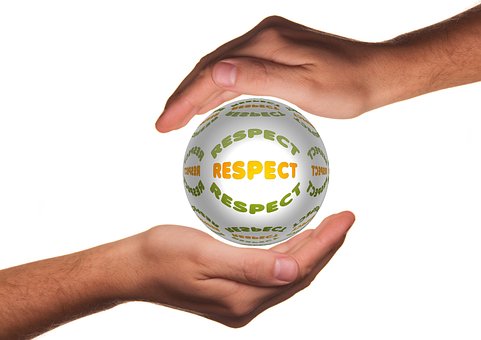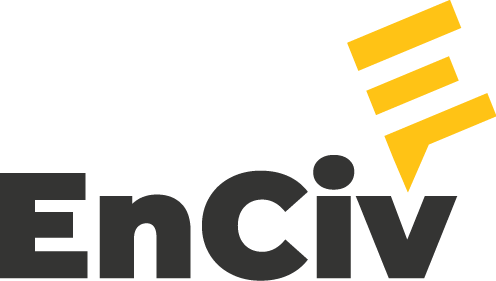Whatever else it meant, the storming of the Capitol on January 6th showed that something is deeply wrong with American democracy. How do we fix it?
In answering that question, it’s helpful to remember the words of Jane Addams and Al Smith, who said that democracy’s ills are best cured by more democracy. However skeptical we may be about the current state of American democracy, not many of us would reject the notion that American democracy can – or should – be improved. Meanwhile, as noted in our last entry, experts have identified plenty of ways that might be done, ranging from strengthening civic culture to fortifying democratic institutions to improving the media.

Yet the continued consensus on democracy and the growing urge to enhance it leaves a key question unanswered: Where do we start? How do cultural and institutional change begin? We at EnCiv believe it begins in discussion, especially the kind of discussion that enables you to explore alternatives and work with others toward productive solutions. Environments that attack your identity or fundamental values aren’t going enable that. Mutual respect is a precursor to – maybe even a precondition of – the kind of discussion that can really benefit all parties. This isn’t rocket science; it’s baked into the very meaning of “democracy”, which ultimately rests on a belief in the equal worth of all persons. More democracy means, first and foremost, recommitting ourselves to that value. Once we do, the “curing” can begin.

